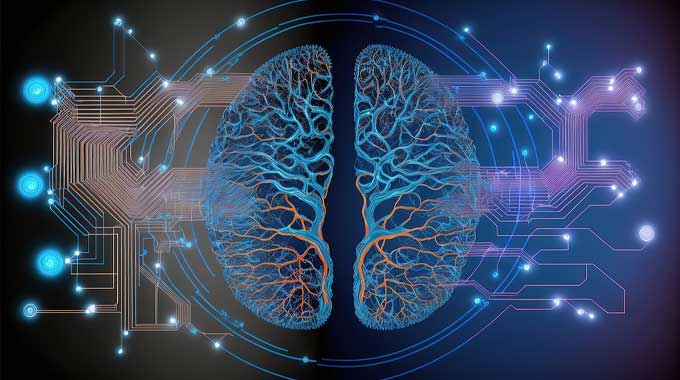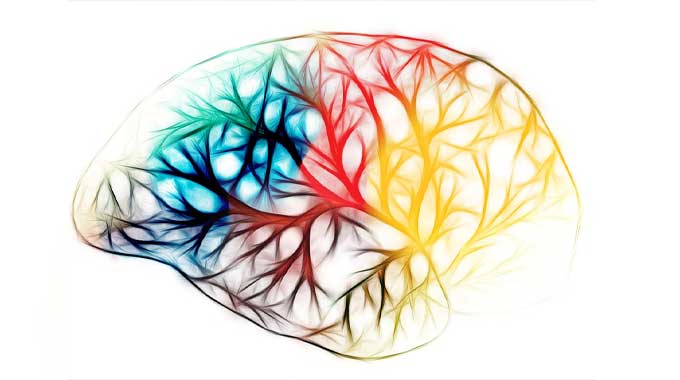TMS is an innovative, FDA-approved treatment that can be a lifeline for women struggling with depression symptoms. Read on to find out more about TMS therapy and how it can treat postpartum depression.
- What Is Transcranial Magnetic Stimulation Tms Therapy
- What Is Repetitive Transcranial Magnetic Stimulation
- What Is Postpartum Depression
- What Are The Symptoms Of Postpartum Depression
- Suicide Prevention
- How Can Tms Therapy Treat Postpartum Depression
- How Does Tms Improve Depressive Symptoms
- What Are Some Other Brain Stimulation Therapies
- World Leading Tms Treatment At GIA Chicago
What Is Transcranial Magnetic Stimulation (TMS) Therapy?
Transcranial magnetic stimulation (TMS) therapy is a pioneering, evidence-based treatment that uses gentle magnetic waves to stimulate brain activity in certain regions, leading to significant improvements in mood and behavior. TMS is a painless, non-invasive therapy with very few side effects, the most common being temporary mild headaches and scalp discomfort. TMS treatment sessions do not require anesthetic and clients can resume normal activities immediately after treatment, allowing them to drive to and from the facility.
In 2008, the FDA approved TMS as a safe and effective treatment for treatment-resistant major depression. Since then, it has been FDA-cleared for several other disorders, including obsessive-compulsive disorder and smoking cessation, while clinical trials have found it can effectively treat post-traumatic stress disorder, anxiety disorders, and many more conditions.
What Is Repetitive Transcranial Magnetic Stimulation?
Repetitive transcranial magnetic stimulation (rTMS) is a type of TMS treatment that uses trains of multiple magnetic pulses, as opposed to a single pulse. Most therapeutic uses of TMS involve rTMS treatment.

What Is Postpartum Depression?
Postpartum depression is a type of depression that women experience in the year after they give birth. Around 1 in 7 women develop postpartum depression. Postpartum depression can seriously affect the mental and physical health of both mother and child and may trigger the onset of chronic major depressive disorder. If left untreated, it can affect the emotional and cognitive development of the child and put them at greater risk of developing mental health issues later in life.
What Are the Symptoms of Postpartum Depression?
The Diagnostic and Statistical Manual of Mental Disorders (DSM-5) defines postpartum depression as a major depressive episode that begins during pregnancy or within the first 4 weeks of giving birth.
Many symptoms of postpartum depression are depression symptoms. As with major depressive disorder, symptoms of postpartum depression can manifest very differently from one woman to another. They may include:
- Depressed mood
- Loss of interest or pleasure
- Sleeping too much or too little
- Slowed movements
- Feelings of guilt or worthlessness
- Difficult concentrating
- Physical pains
- Suicidal thoughts and ideations
Women with postpartum depression may also experience symptoms relating to their relationship with their baby. They may:
- Feel like they don’t have an emotional connection to their child
- Not enjoy spending time with their child
- Feel anxious that something bad could happen to their baby
If you’re experiencing these feelings, remember that there’s nothing wrong with you. Postpartum depression is a common mental illness that can happen to anyone. Unfortunately, the stigma surrounding the condition often acts as a barrier to women receiving the treatment they require.
If you think you or someone you know may be living with postpartum depression, contact a doctor or mental health professional for expert advice and support.
Suicide Prevention
Suicide is one of the leading causes of death among postpartum women. If you or someone you know has suicidal thoughts or ideations, you can access free and confidential support at the 988 Suicide and Crisis Lifeline. If you think someone’s life may be in immediate danger, call 911 for emergency care.
How Can TMS Therapy Treat Postpartum Depression?
There are several evidence-based treatment options available for the treatment of postpartum depression. Women are usually offered talk therapy (psychotherapy) as a first-line treatment, sometimes alongside a course of antidepressant medication.
However, while these approaches are effective for many women, they don’t work for everyone. Antidepressants are only effective in 40-60% of people and some women prefer not to take medication, particularly if they are breastfeeding. For women with severe postpartum depression, psychotherapy may not offer results in a short enough time.
TMS therapy can offer a lifeline to these women, providing an alternative postpartum depression treatment option that may effectively improve depressive symptoms and the well-being of both mother and baby.
So far, research into the efficiency of TMS for postpartum depression is limited, and randomized controlled trials are lacking. However, a 2020 study into the effectiveness of TMS treatment on six women with postpartum disorder found that their average scores on psychiatric rating assessments improved across three different types of scales. Four out of six women achieved remission according to the Edinburgh Postnatal Depression Scale, the most established screening tool for depressive symptoms in new mothers. All the women tolerated the treatment well.
A 2010 study offered similarly promising results. It found that among nine antidepressant-free women, eight women achieved remission after treatment, and seven were still in remission at the 6-month follow-up. The results also showed a significant improvement in the emotional bonding between mother and child.
How Does TMS Improve Depressive Symptoms?
Brain imaging studies have found that people living with depression have different levels of brain activity in certain regions than those without the condition. These imbalances can affect several important brain functions, including mood, sleep, appetite, and motivation, and may contribute to depression symptoms.
TMS treatment generates a gentle magnetic field over the client’s head that passes through the scalp and reaches the target brain cells below. It induces tiny currents in these cells, stimulating brain activity and affecting mood and behavior.

What Are Some Other Brain Stimulation Therapies?
Brain stimulation therapies directly apply electricity to the brain to stimulate nerve cell activity. They can be invasive (requiring surgery) or non-invasive, and may or may not require an anesthetic. TMS is a noninvasive therapy where the client remains fully conscious throughout the treatment. Some other brain stimulation therapies include:
- electroconvulsive therapy
- direct current stimulation
- vagus nerve stimulation
World-Leading TMS Treatment at GIA Chicago
GIA Chicago is a pioneering mental health treatment center in the heart of the city. We pride ourselves on scientific excellence, applying the latest research and technologies to our individualized treatment programs. We’re experts on TMS therapy, with a team of experienced professionals and a founder, Dr. Bonci, who has co-authored groundbreaking papers in the field.
We believe that everyone deserves to have good mental health. We ensure our programs are as accessible and flexible as possible and work with you to develop a plan that suits your needs.
If you’re living with postpartum depression, another mental health issue, or looking to improve your mental performance, contact us today. We’ll help you discover the best version of yourself.





